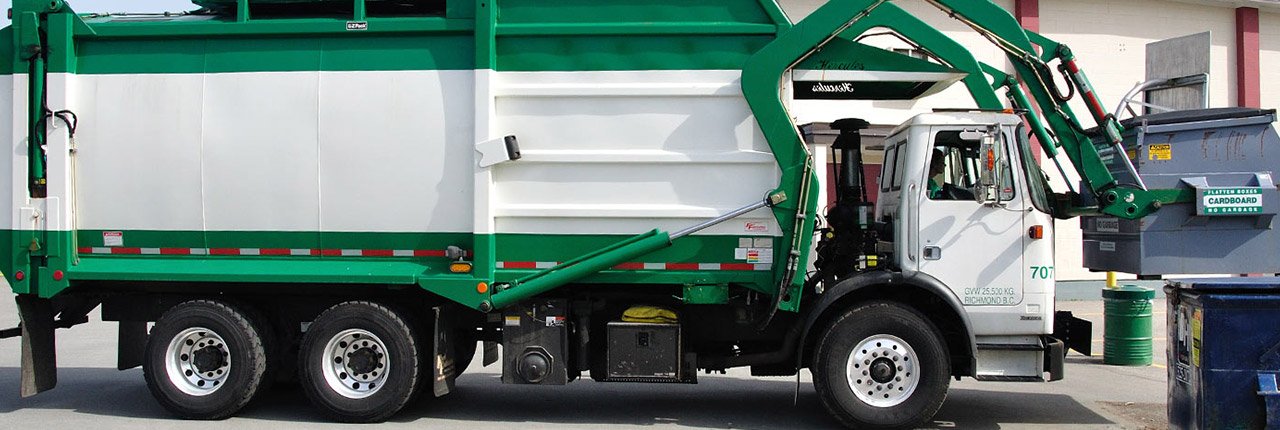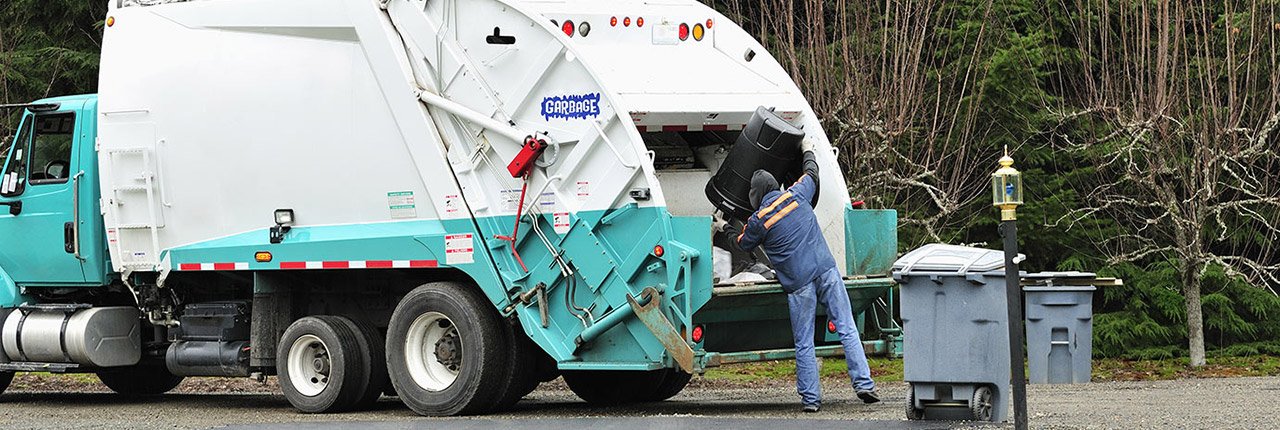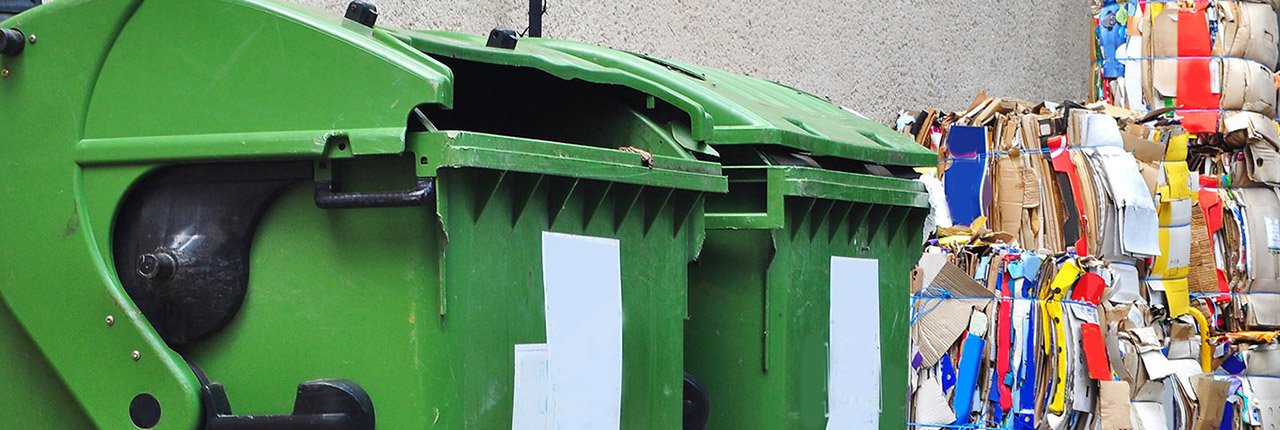Effective Strategies to Cut Down on Household Waste
Posted on 21/06/2025
Effective Strategies to Cut Down on Household Waste
Are you concerned about the growing amount of trash in your home? Tackling household waste is a significant step toward sustainable living and conserving our planet's precious resources. In this comprehensive article, we will explore practical, actionable, and easy-to-implement methods for reducing household waste. From the best zero waste tips to smart shopping habits, discover how you can minimize your environmental impact and contribute to a greener future.
Understanding the Importance of Reducing Household Waste
Before delving into specific strategies, it's crucial to grasp why household waste reduction matters. According to the Environmental Protection Agency (EPA), the average American generates over 4 pounds of waste daily, culminating in over 292 million tons of municipal solid waste annually-much of which ends up in landfills or incinerators, harming our environment.
- Landfills produce greenhouse gases like methane, a major contributor to global warming.
- Improper waste disposal pollutes soil and water, threatening ecosystems and human health.
- Reducing waste helps conserve resources, save money, and protect our planet for future generations.
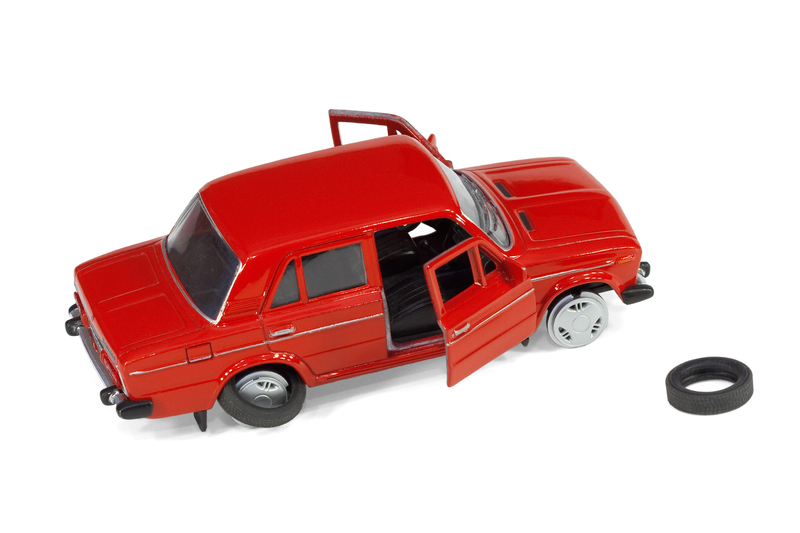
1. Adopt the Three R's: Reduce, Reuse, Recycle
Reduce:
The most effective way to decrease your trash output is to reduce the amount of waste you create. This means being mindful of your consumption habits and opting only for essentials.
- Buy in bulk to minimize packaging.
- Choose products with minimal packaging whenever possible.
- Opt for digital receipts over paper ones.
Reuse:
Before discarding items, consider if they can be used again. Repurposing old containers, bags, or materials can significantly cut down on your household waste production.
- Use glass jars for storage instead of buying new containers.
- Repurpose old clothing as rags for cleaning.
- Donate gently used items rather than throwing them away.
Recycle:
Recycling transforms waste into reusable materials, preventing unnecessary landfill contributions. Make sure to follow your local recycling guidelines and avoid wish-cycling (putting non-recyclables in the recycling bin).
- Separate recyclables, compostables, and trash in different bins.
- Rinse food containers to avoid contamination.
- Stay updated on recycling policies in your area.
2. Implement Smart Shopping Practices
One major source of household waste is excessive packaging and one-time-use products. Adopting smart shopping habits can make a significant difference.
- Create a grocery list to avoid impulse purchases and food wastage.
- Bring reusable shopping bags on your trips to stores and markets.
- Opt for products with minimal or recyclable packaging.
- Choose sturdy, long-lasting items over disposable ones.
- Support local farmers markets where less packaging is used.
3. Meal Planning to Prevent Food Waste
Food scraps contribute to a massive percentage of household waste. With better planning, you can significantly reduce food waste at home:
- Plan meals according to what's already in your pantry and fridge.
- Store leftovers properly to extend freshness.
- Understand food labels (e.g., "best before" vs "use by") to avoid tossing good food.
- Use all parts of your produce - stems and skins often contain valuable nutrients and can be used in broths or recipes.
Creative Uses for Food Scraps
Get innovative with kitchen waste! For example:
- Compost fruit and vegetable peels for natural fertilizer.
- Regrow green onions or lettuce from the root ends in water.
- Freeze bones and veggie scraps to make homemade stocks.
4. Start Home Composting
Composting is a natural process that turns organic household waste into nutrient-rich soil. Not only does it reduce your garbage output, but it also benefits your garden. Here's how to get started:
- Select a compost bin (outdoor piles or bins, or compact indoor versions).
- Add food scraps, coffee grounds, eggshells, and yard trimmings.
- Avoid meat, dairy, and oily foods in home composting.
- Turn the pile regularly to aerate and speed up decomposition.
- Harvest compost after a few months - your plants will thank you!
5. Switch to Reusable Alternatives
Defense is the best offense when it comes to combating single-use items. Here are essential switches to make at home:
- Replace paper towels with washable cloths.
- Use stainless steel or glass water bottles instead of plastic.
- Try beeswax or silicone wraps for food storage in place of cling film.
- Invest in sturdy shopping and produce bags.
- Switch to rechargeable batteries and refillable products where possible.
Benefits of Going Reusable
Reusable alternatives not only lower your household waste production but also save money over time. Plus, many options are more stylish and durable than their disposable counterparts!
6. Avoid Single-Use Plastics
The world is drowning in plastic. Single-use plastic bags, bottles, straws, and packaging contribute enormously to environmental degradation. How to cut down?
- Carry your own coffee tumbler, bottle, and cutlery when out.
- Say no to plastic straws and lids at cafes and fast-food joints.
- Choose refill stations for detergent, grains, and other household essentials.
- Opt for products packaged in glass, aluminum, or cardboard instead of plastic.
7. Declutter Responsibly: Donate, Sell, or Upcycle
Periodically clean out unused items in your home, but avoid sending them to the landfill.
- Donate appliances, furniture or clothes to local charities or thrift stores.
- Sell items online on platforms like eBay, Craigslist, or Facebook Marketplace.
- Upcycle old materials into DIY projects-turn jars into lanterns, clothes into quilts, or wooden pallets into garden beds.
Why Decluttering Responsibly Matters
When you give items a second life, you prevent landfill buildup and help others at the same time! Plus, upcycling can be a fun and rewarding hobby.
8. Green Cleaning and Sustainable Personal Care
Your cleaning and personal care routines can also produce a lot of waste. Switch to eco-friendly products and sustainable packaging:
- Make your own cleaning solutions using vinegar, baking soda, and lemon.
- Buy concentrates or cleaning tablets to dilute at home.
- Choose bar soap, shampoo bars, and refillable containers for personal hygiene.
- Opt for bamboo toothbrushes and reusable razors.
9. Repair Instead of Replace
Before throwing out broken items, see if they can be repaired or refurbished. Many electronics, clothes, shoes, and furniture can be fixed at a fraction of the cost of buying new.
- Learn basic sewing or tech repair skills through online tutorials.
- Visit local repair cafes or workshops, which are popping up in many communities.
- Engage professionals for larger fixes, supporting local businesses in the process.
The Environmental Payoff
Repairing extends the lifespan of household goods, reduces demand for virgin materials, and preserves valuable natural resources.
10. Introduce Kids to Zero Waste Habits
Teaching children about waste reduction ensures these values carry into the future. Lead by example and make waste-cutting a family affair:
- Involve kids in recycling and composting.
- Set up fun upcycling crafts to spark creativity and environmental awareness.
- Use lunchboxes and reusable containers for school meals.
- Host a waste audit challenge - see who can save the most waste in a month!
11. Technology Solutions: Apps & Community Initiatives for Reducing Waste
Modern technology offers convenient options for cutting down on household waste:
- Download apps that help with pantry management, meal planning, or tracking expiry dates.
- Join local Buy Nothing or Freecycle groups to give and get household items for free.
- Participate in neighborhood swap events to acquire or pass on goods, reducing new purchases.
12. Evaluate & Adjust Your Habits Regularly
Reducing household waste is an ongoing journey. Periodically assess your efforts:
- Track your trash output: How much do you throw out each week? Look for areas of improvement.
- Celebrate milestones, such as reducing trash bags from three to one per week.
- Educate yourself about sustainable living and updated recycling methods.
- Share tips with friends and neighbors to magnify your impact.
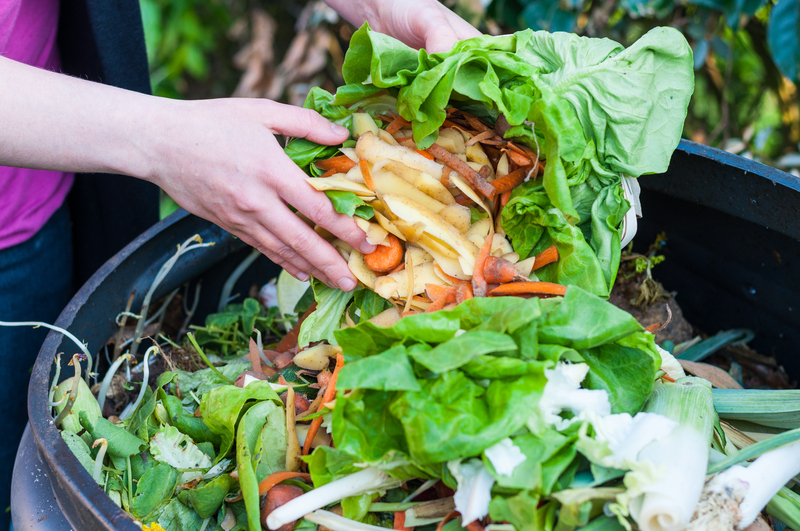
Conclusion: Small Steps Make a Big Difference
Building a low-waste household is about making thoughtful choices every day. By implementing the above strategies to cut down on household waste, you not only reduce your carbon footprint but also inspire those around you. Whether you start by composting, shopping smarter, or swapping out single-use plastics, each positive change moves us closer to a cleaner, greener world.
Start today - your wallet, home, and the environment will thank you!
Frequently Asked Questions About Cutting Down Household Waste
What is the most effective strategy to reduce household waste?
The most effective strategy is a combination of reducing consumption, reusing items, and recycling responsibly. Minimizing single-use and disposable products delivers the biggest impact.
How can I encourage my family to cut down on waste?
Involve everyone in goal setting and make the process engaging. Assign recycling tasks, host upcycling projects, and explain the benefits of a low-waste lifestyle.
Is composting difficult?
No! Home composting setups cater to all spaces and knowledge levels. Start small and experiment to find what fits your family and lifestyle.
Do zero waste strategies save money?
Absolutely. While some reusable products have upfront costs, cutting down on waste generally leads to savings on disposable goods, trash bags, and food costs over time.
Ready to embrace a zero waste lifestyle at home? Try implementing some of the tips above and enjoy the environmental, financial, and health benefits that come with a cleaner, less cluttered home!
Latest Posts
Creative Ways to Introduce Kids to Recycling
The Evolution of Waste Management Through Ancient to Modern Times
Discovering the Basics: What Exactly is a Builder's Skip





